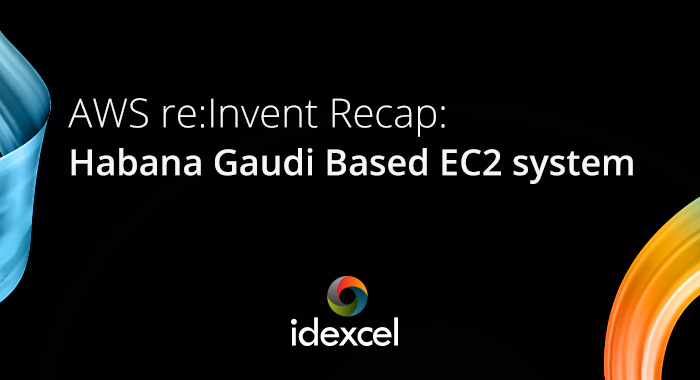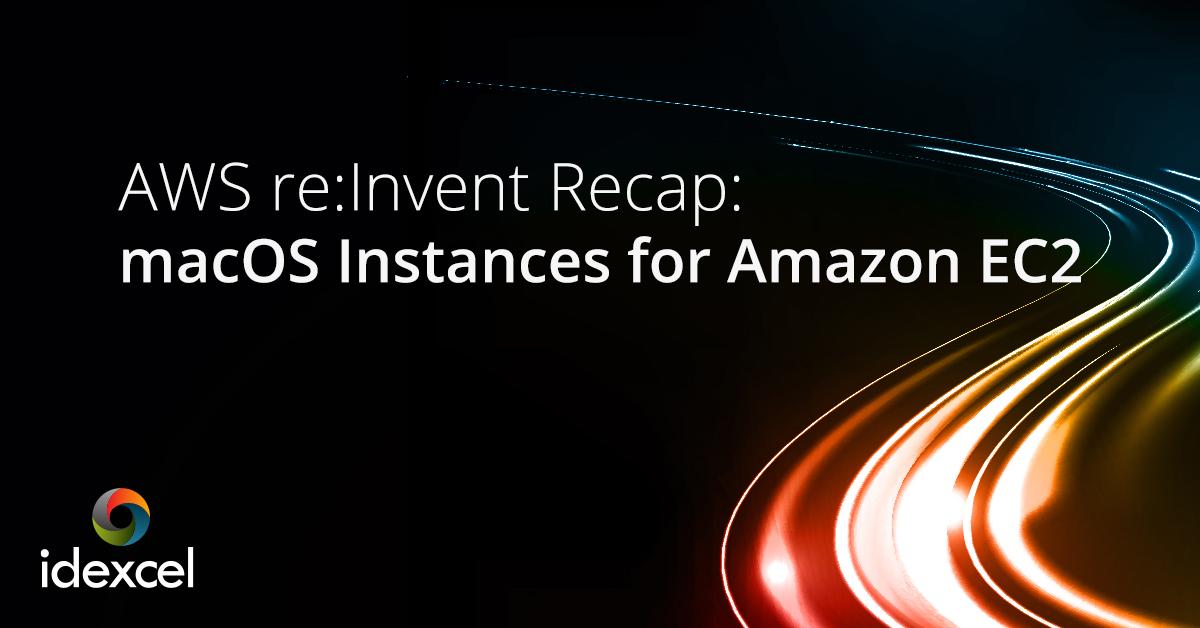Amazon Web Services or AWS is a cloud computing platform offering by Amazon providing a wide array of cloud services to the customers. Amazon AWS offers several cloud options including Amazon Simple Storage Services (Amazon S3), Amazon Elastic Compute Cloud (Amazon EC2), Amazon SimpleDB, Amazon Virtual Private Cloud (Amazon VPC) and Amazon WorkSpaces. This group of remote computing services that make up the cloud-computing platform over the internet are known as Amazon Web Services. Most of these services are not directly exposed to the end users. Amazon S3 and Amazon EC2 are two of the most central and well-known offerings.
To enable the use of online services via REST, HTTP or SOAP protocols, Amazon first introduced Amazon Web Services in 2006. AWS launched two Amazon CloudFront edge location in India on 28th July 2013 joining 42 edge locations worldwide. This makes the services global, fast, flexible and cost-effective. Amazon Web Services is now a $6 Billion-a-year cloud-computing monster, and is considered Amazon’s most valuable asset. AWS generated the sales of $1.57bn in the first quarter of 2015, and firm’s total revenue for the quarter rose by 15% to $22.7 bn, which was much stronger increase than expected. AWS provides cloud computing services to several household names including Spotify, Dropbox, Uber, Netflix, CIA and Samsung.
AWS services include:
Cloud– Virtual Servers, Containers, Event-driven Computer Functions, Auto scaling and Load Balancing
Storage and Content Delivery– Object Storage, Block Storage, Archive Storage, File System Storage, and CDN
Databases- Relational, Caching and NoSQL
Networking– Virtual Private Cloud, DNS and Direct Connections
Administration and Security– Identity Management, Access Control, Key Storage and Management, Usage and Resource Auditing, Monitoring and Logs, and Service Catalogue.
Enterprise IT Applications from AWS include Desktop Virtualization, Email and Calendering, and Document Sharing and Feedback. Engineered for the most demanding requirements, AWS offers following advantages:
Secure– AWS cloud security infrastructure is one of the most secure and flexible cloud computing environments providing highly reliable and extremely scalable platform so that the data and applications can be deployed securely and quickly. Data and applications are not only protected by highly secure infrastructure and facilities, they are also protected by extensive security and networking monitoring systems that provide critical security measures such as password brute-force detection and distributed denial of service (DDoS) protection on AWS accounts. Additional security measures include built-in firewalls, secure access, private subnets, multi-factor authentication, unique users, dedicated connection options, encrypted data storage, centralized key management, security logs, perfect forward secrecy and so on.
Compliant– AWS’s Cloud Compliance ensures robust control to maintain data protection and security in the cloud. Compliance responsibilities get shared as the systems are built on top of AWS cloud infrastructure.
Private, isolated Resources– Enterprises adopting cloud computing require secure data and applications, increased agility, and reduced costs. However, some organisations also need to take into consideration the unique requirements for regulatory compliance and resource isolation. AWS offers private network, private compute, private storage, enterprise governance, and private encryption resources for completely private cloud experience.
Hybrid– AWS offers solutions and tools to integrate existing resources of the organisation with the AWS cloud to extend and enhance the capabilities and accelerate the adoption of cloud computing. Offering a wide range of options to develop architecture, hybrid architecture involves integration of storage, networking, management and access control. The capabilities include integrated networking, integrated Cloud back-ups, integrated access control, and Integrated resource management and workload migration.
Amazon Web Services have changed the game in several ways. You pay only for what you use, scale up or down easily within few minutes based on the demand. Servers can be added to different parts of the world to provider faster services to the customers. Additionally, Amazon periodically keeps adding features and services to their existing offerings, making it a preferred choice for organisations in different domains. Recent AWS add-on includes Amazon Machine Learning. However, with IBM, Google and Microsoft emerging to grab some of the market share, it needs to be seen how Amazon is able to hold its margins high over the long term.

